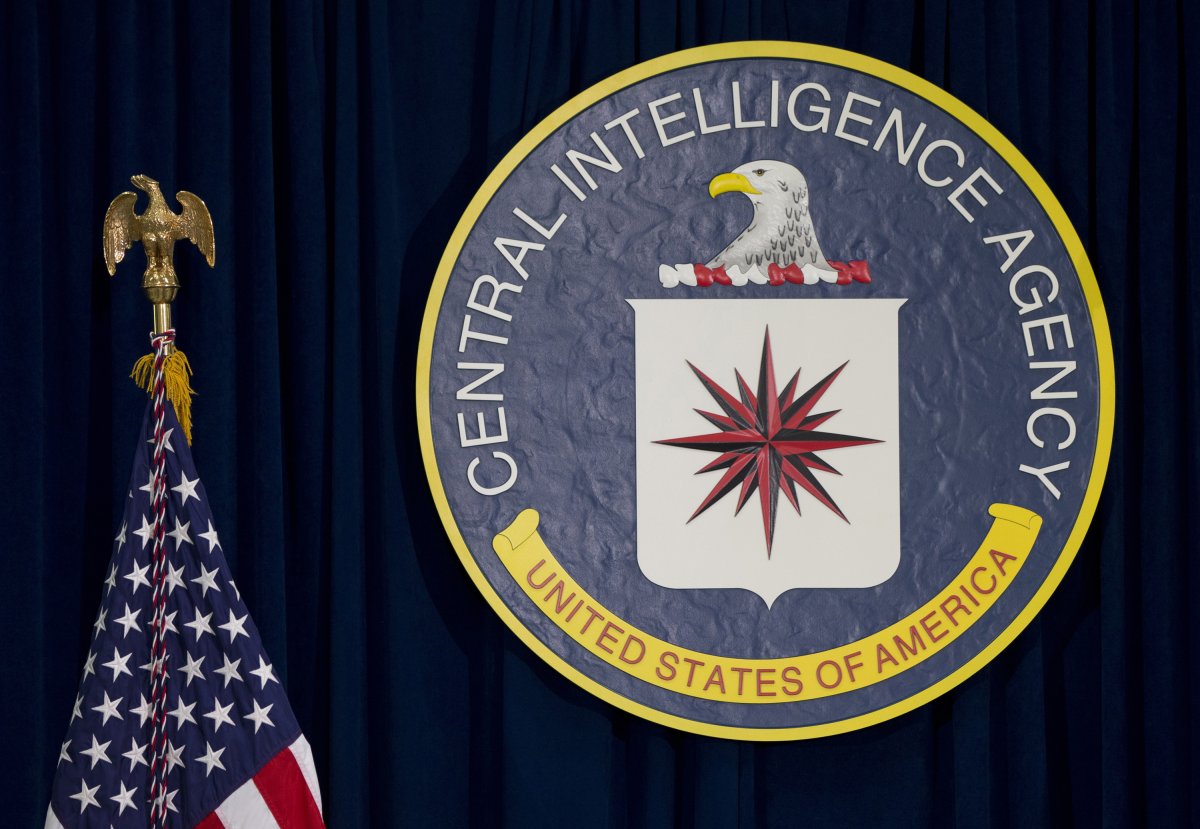Democratic and Republican lawmakers reacted positively to organizational changes in that the CIA announced Thursday to address aggression and issues between the United States and China, the Associated Press reported.
"Throughout our history, CIA has stepped up to meet whatever challenges come our way," said CIA Director William Burns, who believes the Chinese government is "the most important geopolitical threat we face in the 21st century."
"And now facing our toughest geopolitical test in a new era of great power rivalry, CIA will be at the forefront of this effort."
The CIA will be designating a chief technology officer for the first time, create more mission centers operated by the CIA, work on strategies toward China and work to recruit Chinese speakers to focus on finding common ground on issues such as climate change, global health and new technologies.
Senator Marco Rubio of Florida, the top Republican on the Intelligence Committee, supports the changes.
"The threat posed by the Chinese Communist Party is real and growing," he said in a statement. "Every part of our government needs to reflect this great power competition in message, structure, and action."
Democratic Senator Mark Warner of Virginia, chair of the Intelligence Committee, believes the CIA adaptation to face potential threats will help ensure safety and security.
"The strategic threat environment has been changing, and the intelligence community needs to adapt to meet that new environment," he said.
For more reporting from the Associated Press, see below.

The group will become one of fewer than a dozen mission centers operated by the CIA, with weekly director-level meetings intended to drive the agency's strategy toward China. The CIA also announced that it would ramp up efforts to recruit Chinese speakers and create another mission center focusing on emerging technologies and global issues such as climate change and global health.
President Joe Biden's administration has called out what it sees as Chinese aggression on a range of security and economic issues while also seeking common ground on issues like climate change and a nuclear-armed North Korea. Top administration officials have repeatedly signaled a shift of resources toward "great power" competition with China while maintaining a focus on counterterrorism.
As part of an agency reorganization, the CIA will fold mission centers on Iran and North Korea into existing groups covering each country's respective region. Both country-specific mission centers were created during President Donald Trump's administration.
The CIA will also try to address the delays in recruiting through the often onerous process of completing background checks and security clearances, with a goal of reducing processing times to an average of six months.
Washington has publicly accused Beijing of failing to cooperate with efforts to understand the origins of COVID-19 and abetting criminal hackers targeting critical U.S. infrastructure. China has in response accused the U.S. of wrongly scapegoating Beijing and pointed to previous U.S. intelligence failures as well as the collapse of the American-backed government in Afghanistan.
But both countries are also the world's two largest economies and pre-eminent military and political powers. The relationship has been strained by China flying military planes near the self-governed island of Taiwan, which has long had U.S. support and which Beijing considers part of its territory. A U.S. official said Wednesday that Biden and Chinese President Xi Jinping are expected to hold a virtual meeting by the end of this year.
The U.S. shift toward "great power" competition comes amid the fall of Kabul to the Taliban following the American military withdrawal from Afghanistan. The withdrawal resulted in the loss of key intelligence resources in Afghanistan.
Intelligence officials have assessed that Al-Qaeda remains closely linked to the Taliban and could regain the capability to strike the U.S. within as little as one to two years.
Uncommon Knowledge
Newsweek is committed to challenging conventional wisdom and finding connections in the search for common ground.
Newsweek is committed to challenging conventional wisdom and finding connections in the search for common ground.
About the writer
To read how Newsweek uses AI as a newsroom tool, Click here.








